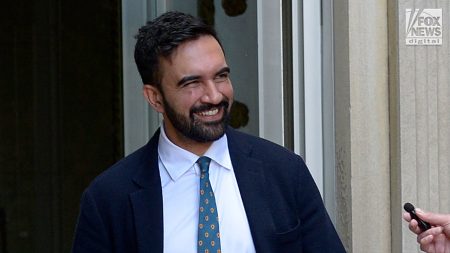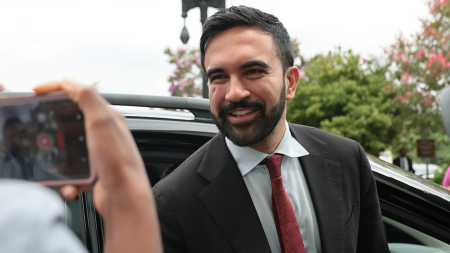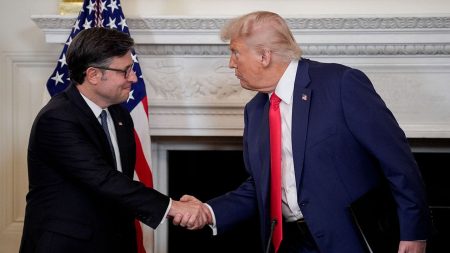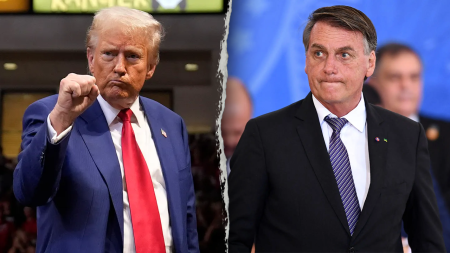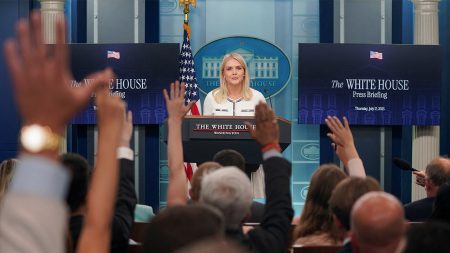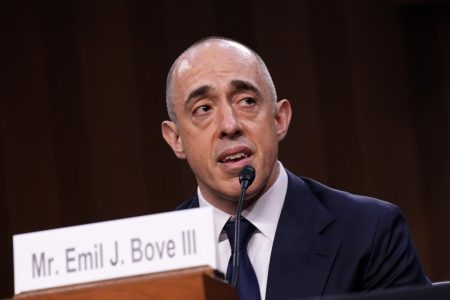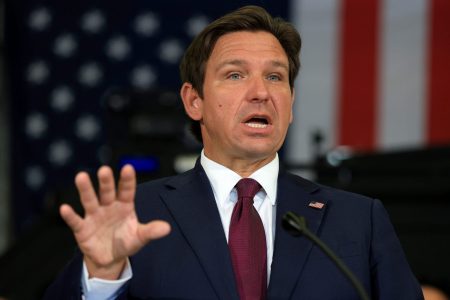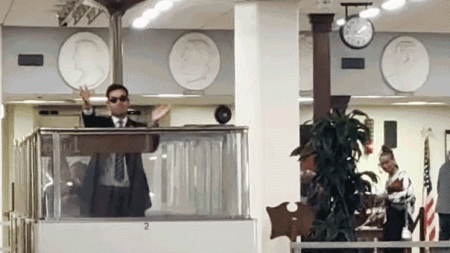The Electoral College, a system established by the Founding Fathers in the 18th century, has once again become the center of a heated debate in American politics. Several Democratic senators, including Dick Durbin of Illinois, Brian Schatz of Hawaii, and Peter Welch of Vermont, have reignited the push to abolish this system through a constitutional amendment. They argue that the Electoral College disenfranchises voters, undermines the principle of one person, one vote, and is an outdated relic of a bygone era. Their proposed amendment seeks to replace the current system with a national popular vote, ensuring that the presidential candidate who receives the most votes nationwide wins the election, regardless of state-by-state outcomes.
The proponents of abolishing the Electoral College point to historical instances where the winner of the popular vote lost the presidency due to the intricacies of the Electoral College system. These instances, such as the 2000 election between George W. Bush and Al Gore and the 2016 election between Donald Trump and Hillary Clinton, have fueled the argument that the Electoral College can lead to outcomes that are perceived as undemocratic and contrary to the will of the people. Senators Durbin, Schatz, and Welch emphasize the fundamental principle of majority rule, asserting that the candidate with the most votes should be the victor, a principle they believe is compromised by the current system. They contend that the Electoral College gives disproportionate weight to smaller states and can lead to situations where a candidate can win the presidency without winning the popular vote, a scenario they deem unacceptable in a modern democracy.
However, the proposal has faced immediate opposition from Republicans. Senator Mike Lee of Utah has condemned the effort as a “phenomenally bad idea,” arguing that the Electoral College serves a crucial purpose in protecting the interests of smaller states and preventing a “tyranny of the majority.” Representative Andy Biggs of Arizona has echoed this sentiment, accusing the Democrats of attempting to “trample the Constitution.” This opposition highlights the deep partisan divide on the issue of Electoral College reform. Republicans often argue that the system was designed to prevent a few populous states from dominating the presidential election and ensures that the voices of all states, regardless of size, are heard.
The debate over the Electoral College reflects a fundamental disagreement about the nature of American democracy. Supporters of the current system view it as a crucial component of federalism, ensuring a balance of power between the states and preventing the presidency from being determined solely by large population centers. They argue that the Electoral College forces candidates to build broad coalitions across different regions and demographics, promoting national unity. Furthermore, they contend that abolishing the Electoral College would require a significant constitutional amendment, a process they believe is unnecessary and potentially disruptive.
Conversely, opponents of the Electoral College argue that it undermines the principle of equal representation and allows for the possibility of a president being elected without winning the popular vote, a scenario they see as inherently undemocratic. They argue that the Electoral College gives disproportionate influence to swing states, forcing candidates to focus their resources and attention on a select few states while neglecting others. They believe that a national popular vote system would be more reflective of the will of the people and would encourage higher voter turnout, as every vote would count equally regardless of location.
The debate over the Electoral College is not likely to be resolved easily. It touches upon fundamental questions about the balance of power between states and the very definition of democracy. While proponents of abolishing the system point to instances where the popular vote winner lost the presidency, opponents argue that the Electoral College safeguards against the dominance of large population centers and promotes national unity. The deep partisan divide on this issue suggests that any attempt to amend the Constitution to abolish the Electoral College will face significant hurdles and protracted debate. The future of the Electoral College remains uncertain, but the renewed push for its abolition promises to keep the issue at the forefront of American political discourse.






